Georgia Daycare Abuse Attorneys
We hold Daycares Accountable
Putting your child in daycare can be a difficult transition. Parents often choose to do so because they have no other option but to work. They trust that a daycare will provide their child with the necessary care he or she needs and deserves.
Unfortunately, many day cares are understaffed or fail to follow proper procedures. Sometimes day care facilities use poor judgment in hiring or don’t run thorough background checks on employees. As a result, children are seriously injured or die due to abuse, negligence, or corporate misconduct.
Our trial attorneys represent victims of daycare neglect and abuse when a child is catastrophically injured or dies because of the negligence of the facility and/or its staff. When a daycare puts profits above the well-being of the children in its care, we hold them accountable. We believe that all children deserve a safe and positive environment and that families deserve the peace of mind their little one is well taken care of.
We offer free, no-obligation consultations and there is no fee unless we recover money for you in your case. We have offices in Athens and Lake Oconee, and we handle cases throughout the state of Georgia and the U.S.
We understand how devastating it is to learn that your child has been harmed in daycare. Our firm exclusively handles cases involving catastrophic injuries or fatalities, ensuring that families facing the most severe situations receive the dedicated legal support they need.
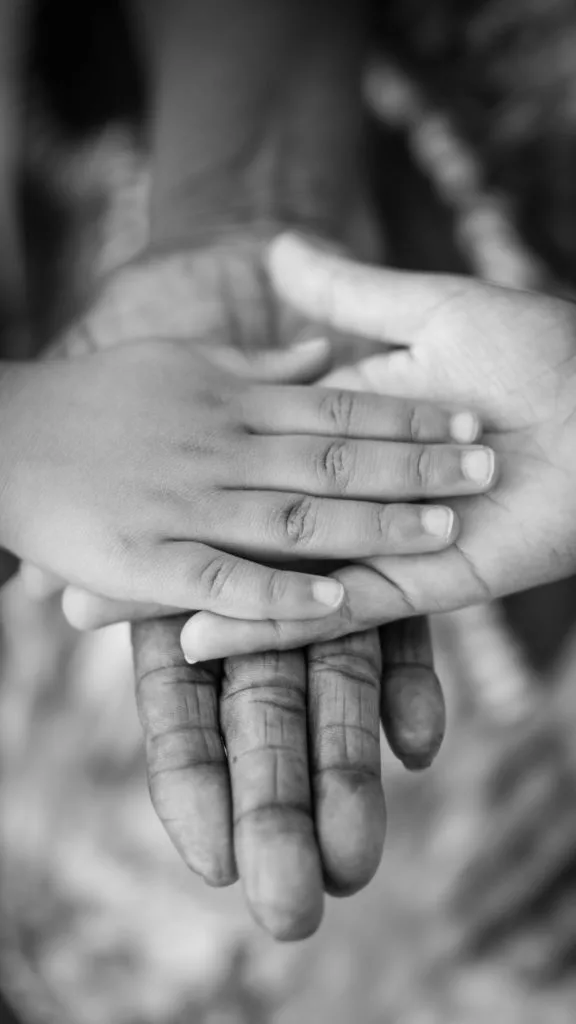
Types of Daycare Abuse
Abuse is intentional mistreatment by a trusted individual or caregiver through actions that create risk or harm to a child in their care.
Four Types of Day Care Abuse:
Physical abuse consists of forceful or violent acts against a child in daycare. It may cause temporary injuries, but permanent harm is also common due to the young age or fragile condition of the victim. Some examples of physical abuse include:
- Hitting
- Pushing
- Shoving
- Cutting
- Pinching
- Pulling Hair
- Using unlawful restraints or forcing a child
into a stressed position - Burning
- Chemical restraints (Click the link to learn more about chemical restraints.)
- Tripping
- Shaking
- Biting
- Withholding food, sleep or medication
Emotional abuse may not manifest as a physical injury, but the harm can still be significant. Emotional abuse often leads to physical abuse.
- Verbal assaults/name-calling
- Bullying
- Denouncing
- Threats
- Yelling
- Humiliation
- Criticizing
- Derogatory nicknames
- Patronizing
- Public embarrassment
- Dismissiveness
- Belittling
- Controlling
- Shaming
- Mocking
- Limiting physical contact
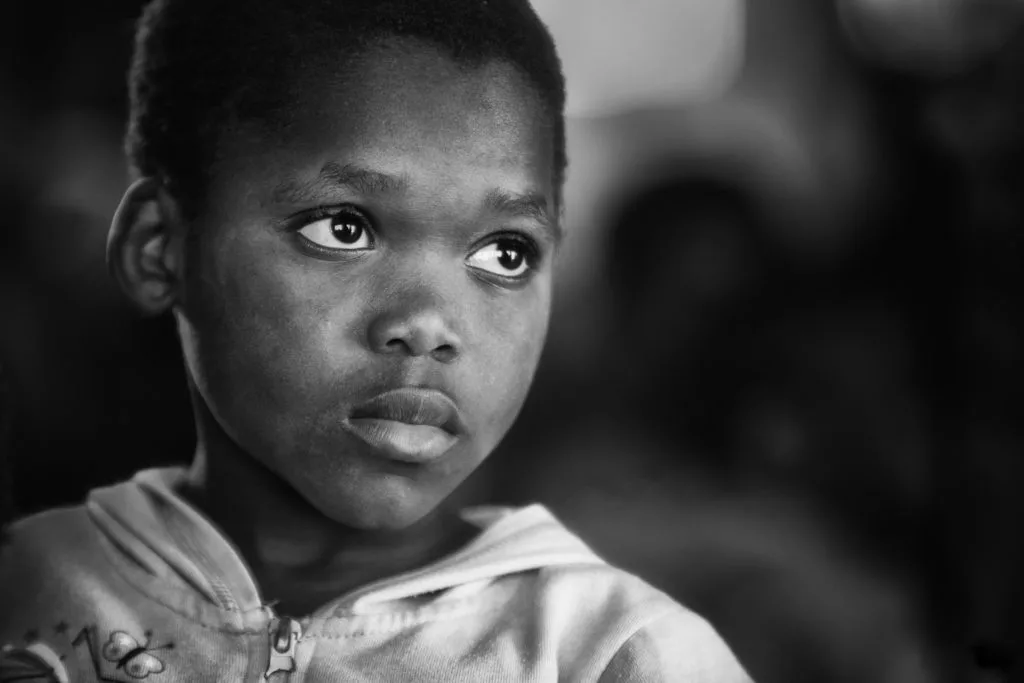
Sexual abuse is any form of sexual contact with a child. Children are most at-risk to be sexually abused by someone they know and trust. Many times, they are too young to understand what is happening. There is no average sex offender profile – child sexual abuse happens across all racial, religious, age, and socio-economic levels. Some examples of sexual abuse include:
- Non-penetrative assault such as touching outside
of the clothes, rubbing, or kissing - Penetrative assault such as rape or oral sex
- Sharing or looking at pornographic material
around or with a child - Flashing
- Grooming
- Encouraging sexually inappropriate actions or
talks - Telling dirty jokes
- Masturbation
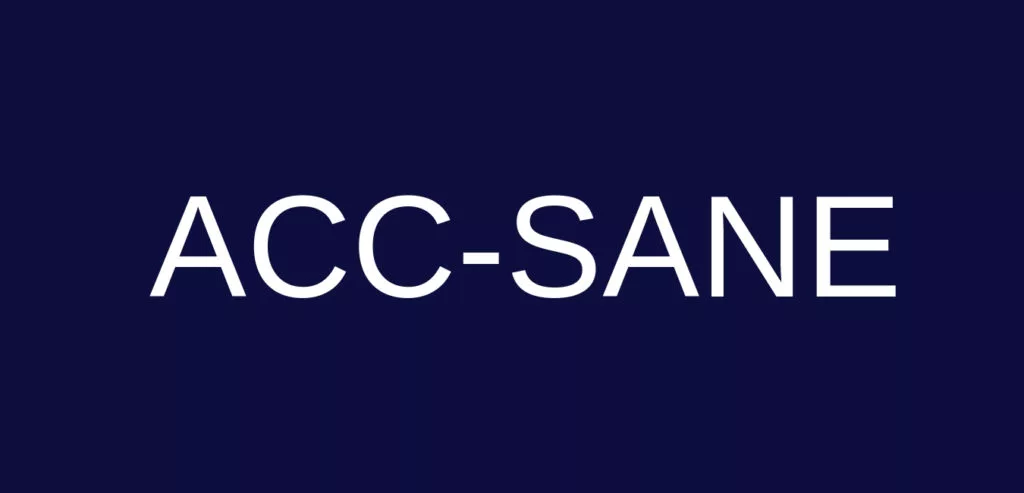
Neglect is when a child fails to receive his or her daily needs such as proper supervision, healthcare, nutrition, or other necessities. Day cares are legally obligated to properly care for the children who are in their care. A child care provider’s duty to the children is to treat them with a reasonable standard of care. This includes caring for their physical, emotional, and psychological well-being. Some examples of neglect include:
- Ignoring
- Dismissing cries or pleas for help
- Lack of supervision
- Failing to provide proper food, clothing
- Not providing adequate shelter
- Abandoning
- Placing a child in a situation that may cause injury
- Not tending to injuries properly
- Not handling child-to-child bullying or abuse
- Failing to provide a clean environment
- Not providing a safe environment
- Failing to provide adequate daylight, activities, or naps
Warning Signs of Daycare Abuse
Recognizing signs of daycare abuse early on is important. Whether the abuse is physical, emotional, sexual, or neglectful, it can have a long-lasting negative impact on a child and may cause serious physical, emotional, and psychological damage – even to the point of death. While signs of physical abuse may be obvious, emotional or sexual abuse or neglect may be less evident. Some signs of abuse include the following:
- Unexplained broken bones, bruises, scratches, burns, bites, or other injuries
- Repeated injuries
- Multiple similar injuries such as a pattern of burn marks or welts
- Repeated crying or fearfulness of returning to day care
- When a child is afraid of a specific person
- Talking about being injured or abused by a daycare worker or other adult
- Post-traumatic-stress-disorder (PTSD)
- Hunger or thirst every time you pick your child up from daycare
- Flinching when spoken to or touched
- Anxiousness
- Withdrawn or isolating
- Age-inappropriate behavior
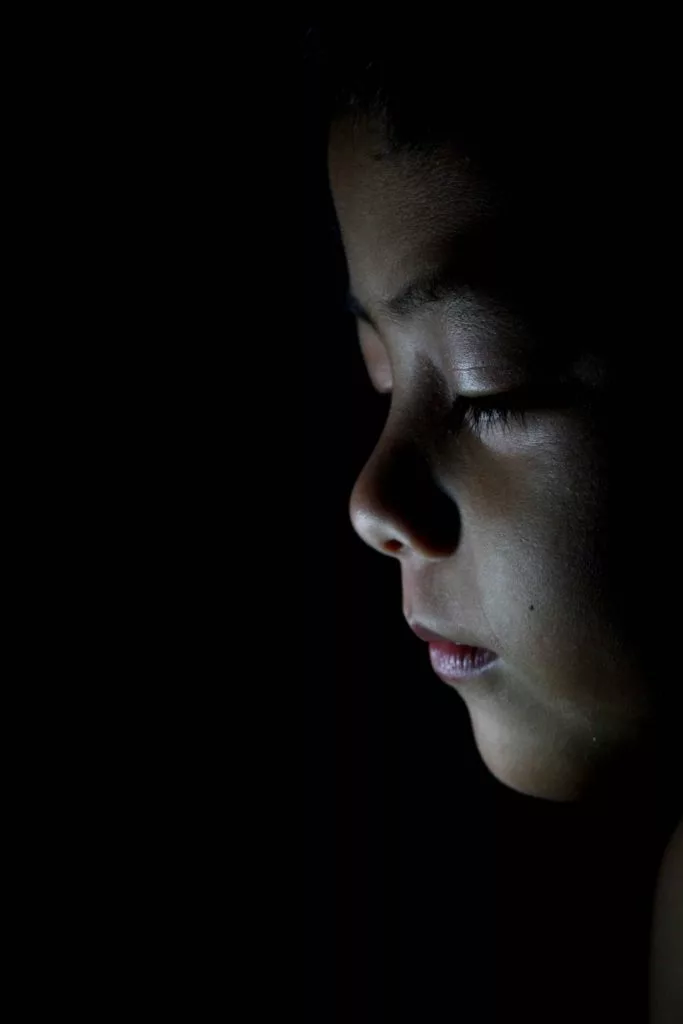
The Effects of Daycare Abuse and Neglect
A child of abuse or neglect may suffer various or multiple negative effects depending on what type of abuse they’re a victim of. Many times, it’s not just one type of abuse, but multiple. These horrendous actions by the people who are supposed to care for the child can have devastating consequences on the child’s mental, emotional, psychological, and physical well-being. Some examples of short-term and long-term effects of abuse include:
- Sickness from unclean or unsafe environments
- Lengthy and expensive hospital or doctor visits
- Long-term therapy
- Permanent disability
- Mental illness
- Depression
- Infections
- Developmental delays
- Self-injury
- Eating Disorders
- Suicidal thoughts or carrying out suicide
- Diseases such as STDs
- Substance abuse
Georgia Laws for Daycare Facilities
The State of Georgia has certain laws in place to protect children who attend daycare. License requirements seek to ensure proper background checks are performed on employees, the facility is properly staffed, employees receive proper training, children are properly immunized, nutritional requirements are met, and the environment is safe for children. For instance, the staff is required to obtain 10 hours of training each year and provider/child ratios are in place based on the age ranges of the children. Click here to read more about Georgia licensing standards.
Both family child care learning homes and centers are required to abide by Georgia’s licensing laws. A family child care learning home is a program that operates in a private residential home for less than 24 hours per day. It provides care for at least three children, but no more than six. A child care learning center is a program operated by a person, society, agency, corporation, institution, or group that receives pay for group care. The child care learning center cares for seven or more children under the age of 18 for less than 24 hours per day. Some providers are exempt from licensing requirements. A legally exempt provider is an unlicensed, informal child care provider who cares for up to two children and receives payment from the Department of Social Services.
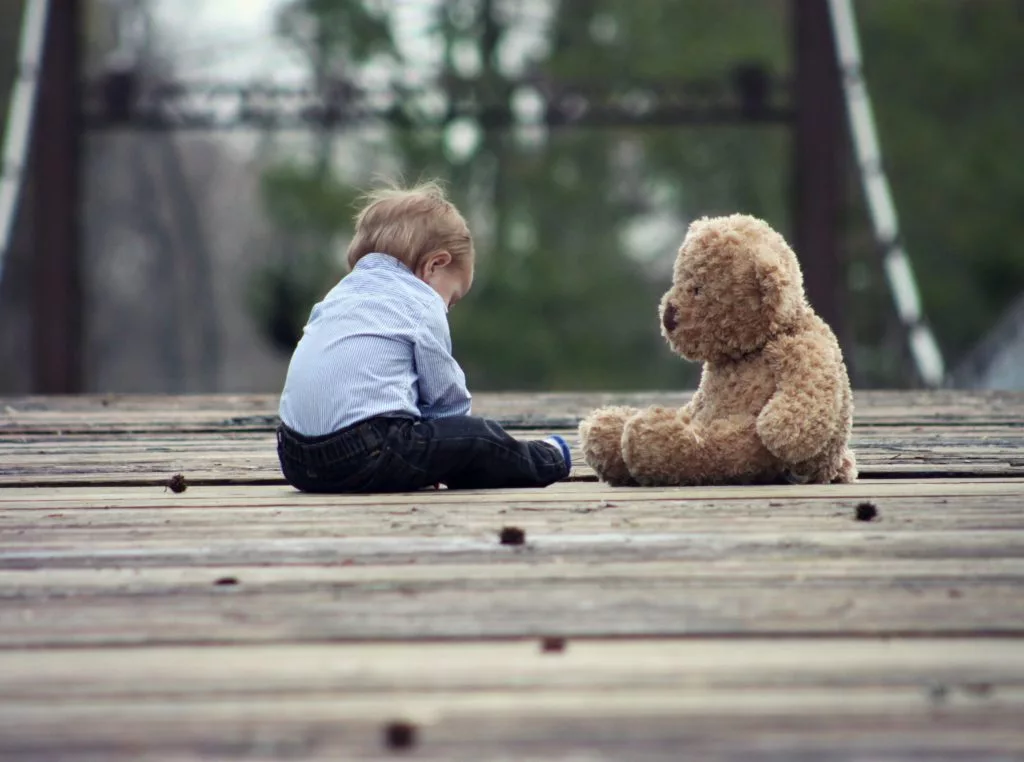
In Georgia, there are approximately 3,100 child care learning centers, 1,500 family child care learning homes, and 6,500 exempt programs. It is crucial that these settings be safe, healthy, and nurturing for children, as well as offer quality early learning experiences to support and promote the healthy growth and development of young children.
Protecting Your Child from Daycare Abuse
You may be asking ‘How can I protect my child from daycare abuse?’ While the answer isn’t always a simple or obvious one, there are steps you can take to determine whether your child is a victim of abuse or neglect. If you discover there is abuse or you suspect abuse, an experienced daycare child abuse attorney can help you navigate the legal system and hold the daycare facility and its employees responsible. Some steps you can take to protect your child include:
- Do the Research. Before choosing a daycare that’s right for you and your child, shop around. Set up interviews with the directors and staff. Ask questions about daily activities, how injuries are handled, and other policies and procedures. Check online reviews. Ask other parents if they’re happy with the facility.
- Be Present. There’s no substitute for active parenting. While you can’t always be with your child, attending special events, conducting surprise visits, talking with daycare workers, and going inside to drop off and pick up your child gives you a glimpse into the environment.
- Report Abuse. If you see abuse or neglect, report it. You can report it directly to the director of the facility or contact Child Protective Services at (404) 651-9361. You can also call Childhelp® at 800-4-A-CHILD (800-422-4453).
- Listen. If your child tells you they’ve experienced abuse, believe them. If a crime has been committed, your child has physical marks on them from the abuse, or your child tells you about sexual abuse, call the police!
- Contact an Experienced Attorney. The daycare abuse and neglect attorneys at Blasingame, Burch, Garrard, & Ashley are powerful advocates for victims of abuse and neglect. We hold abusive and negligent daycare facilities accountable when a child is catastrophically injured or killed. Schedule a free and fully confidential consultation by filling out our case review form or calling us at (706) 354-4000. Headquartered in Athens, we handle daycare abuse and neglect cases across the State of Georgia. There is no fee unless we resolve your claim.
If you suspect child abuse or neglect, here’s a list of organizations that can help you:
Head Start – (404) 651-5335
Georgia Department of Early Care and Learning – (404) 657-1779
State Child Care Resource & Referral Contact – (404) 479-4174
Child Protective Services – (404) 651-9361
Childhelp®- 800-4-A-CHILD (800-422-4453)
IF YOUR CHILD IS IN DANGER, CALL 911!



